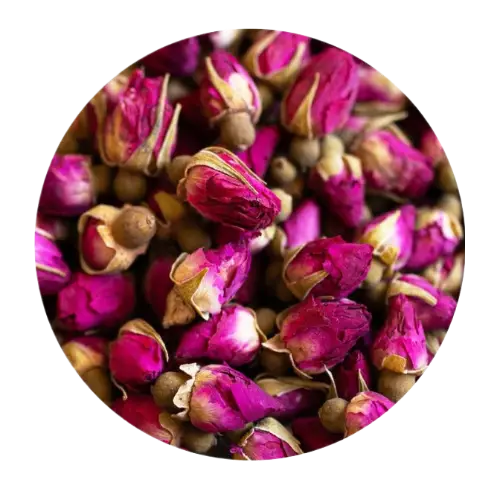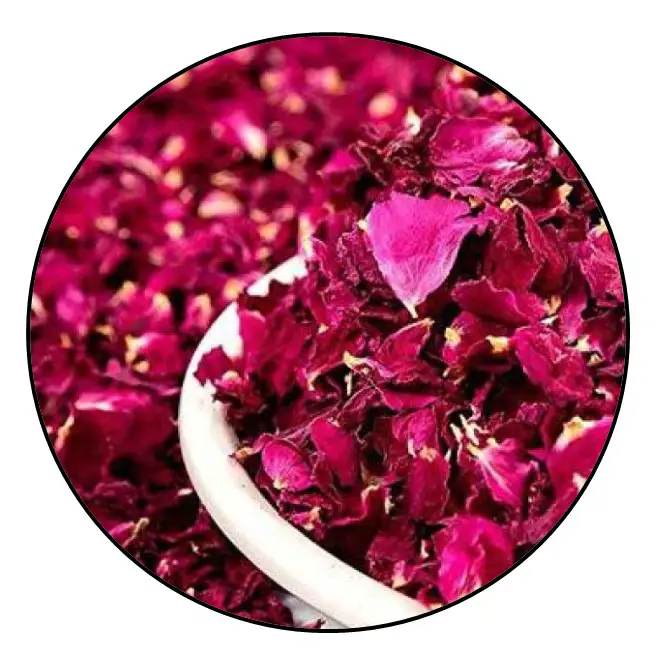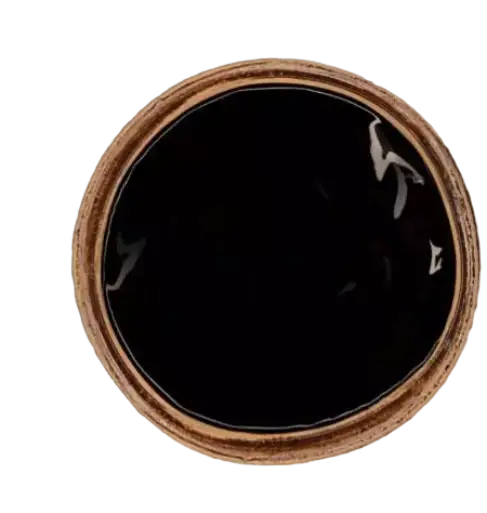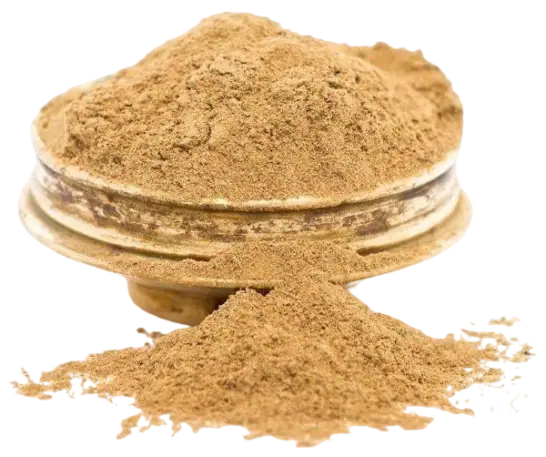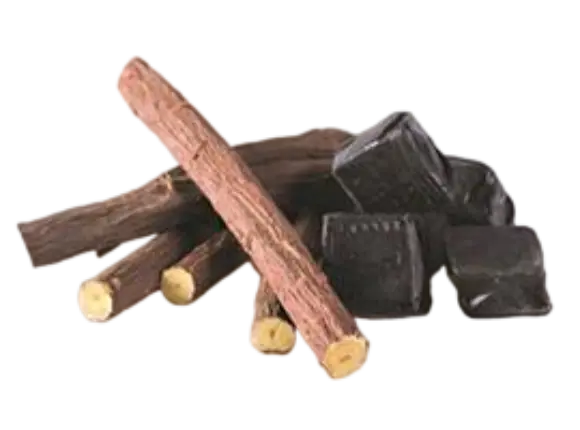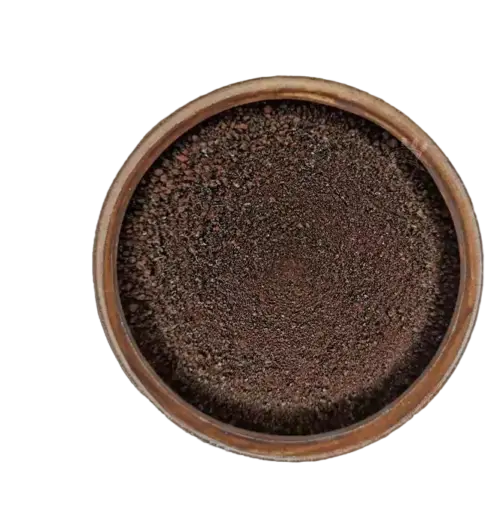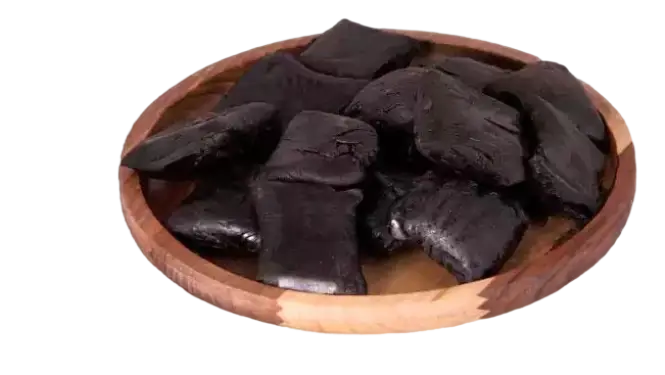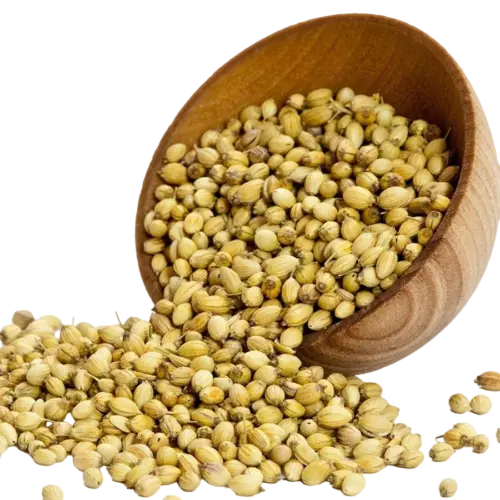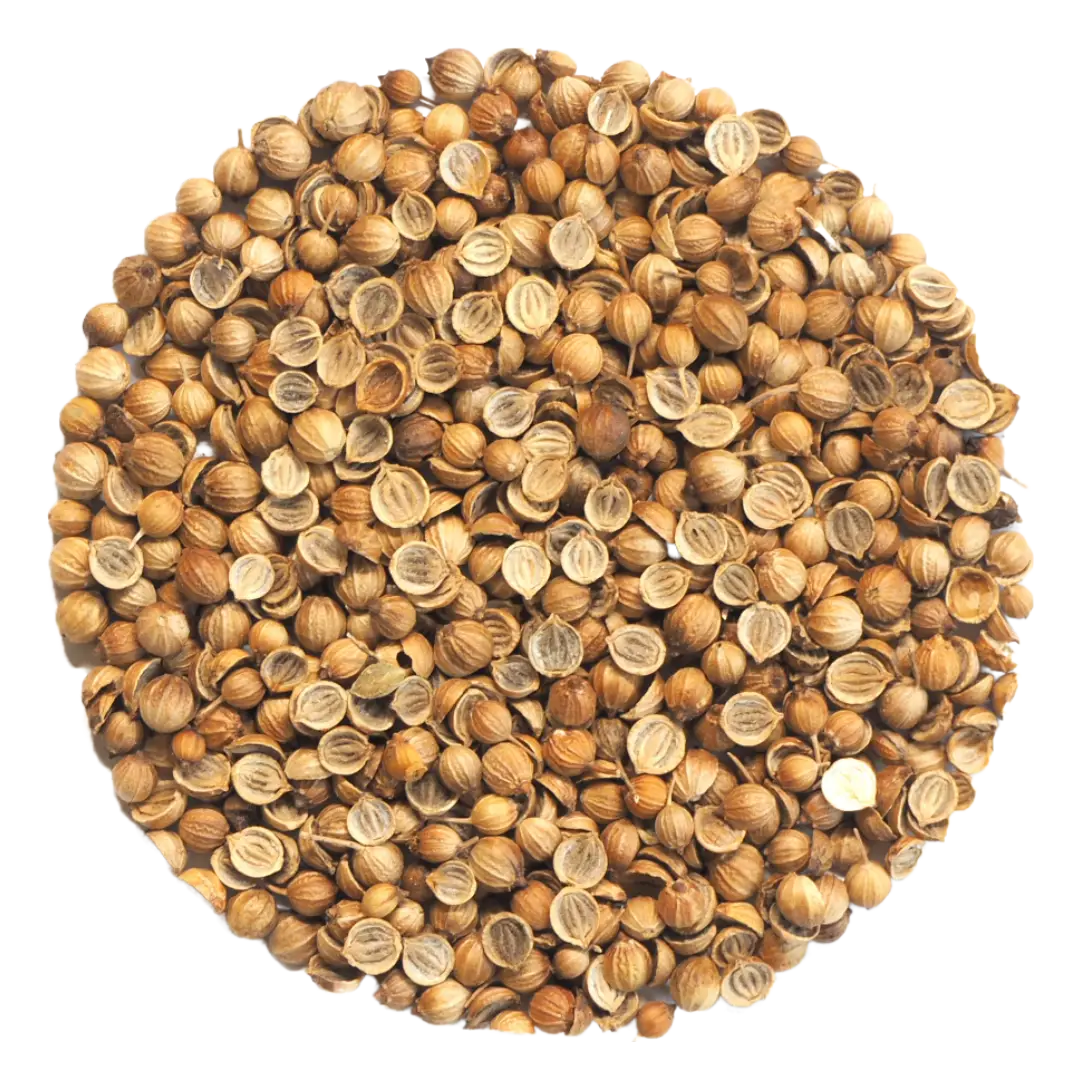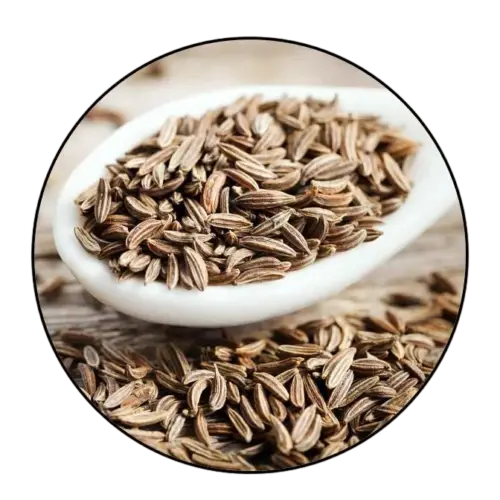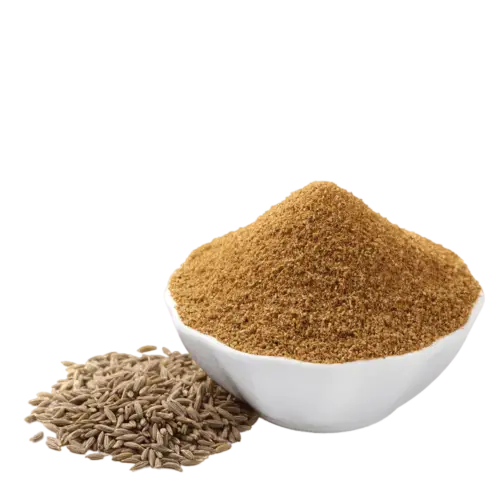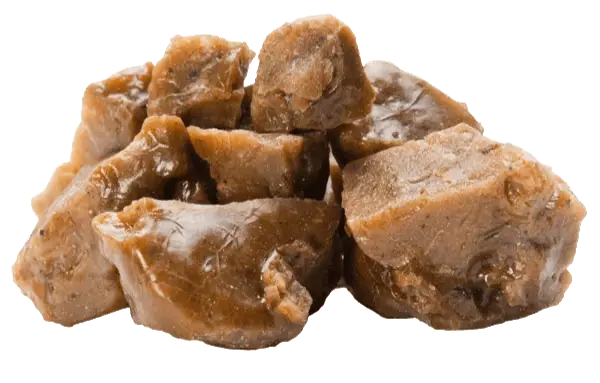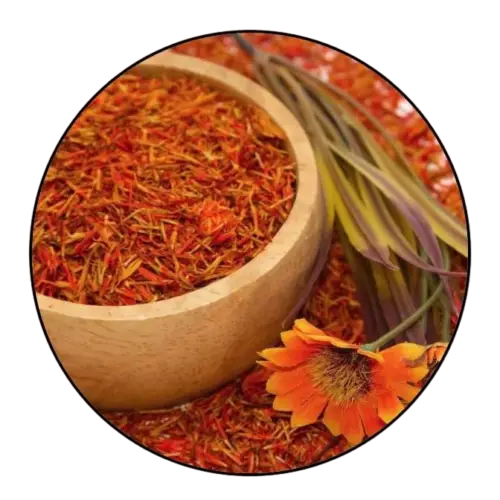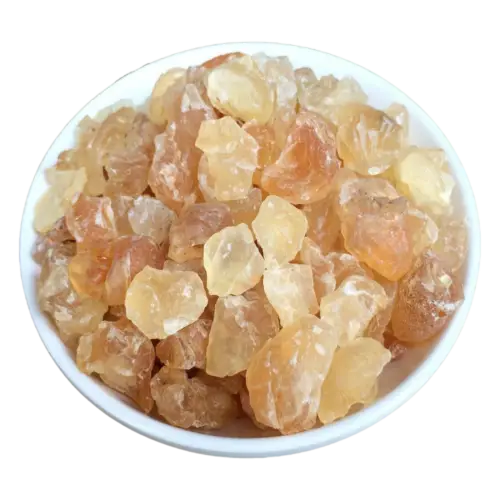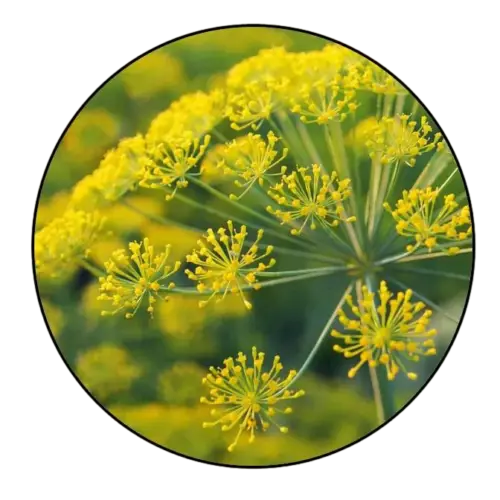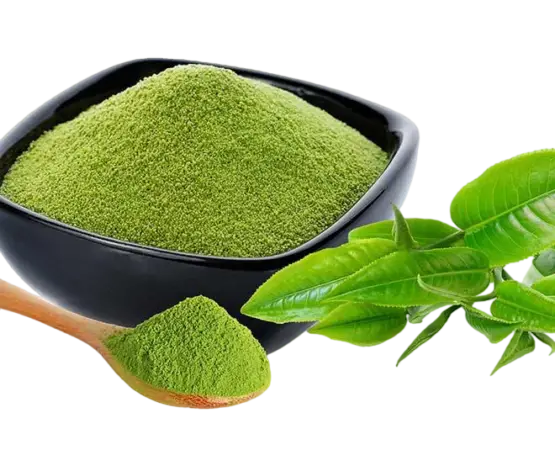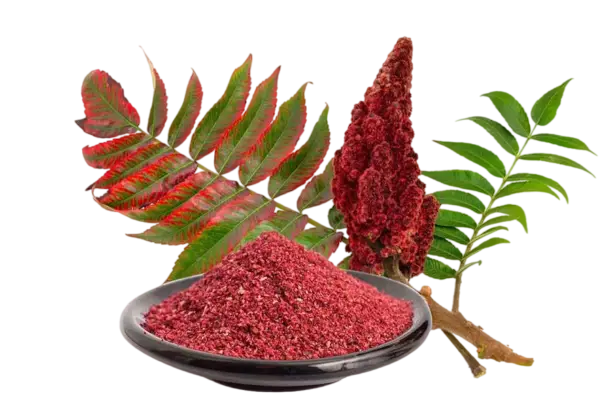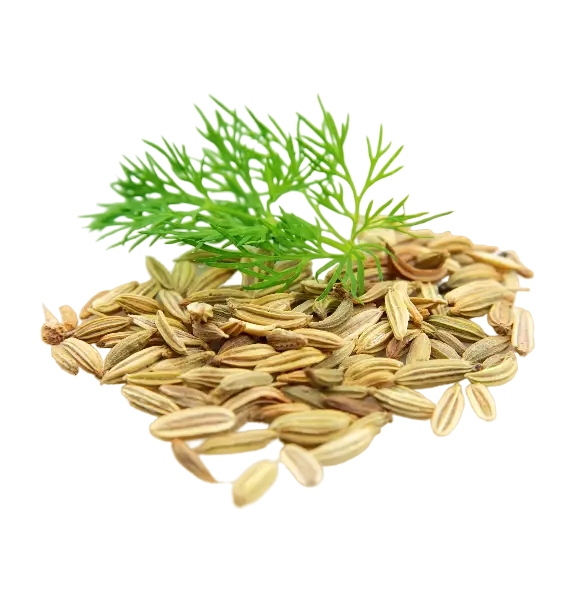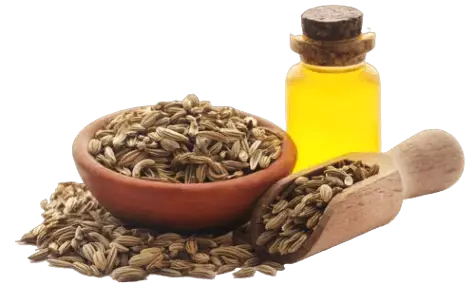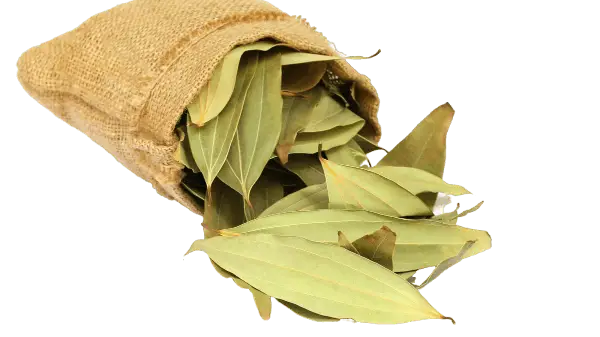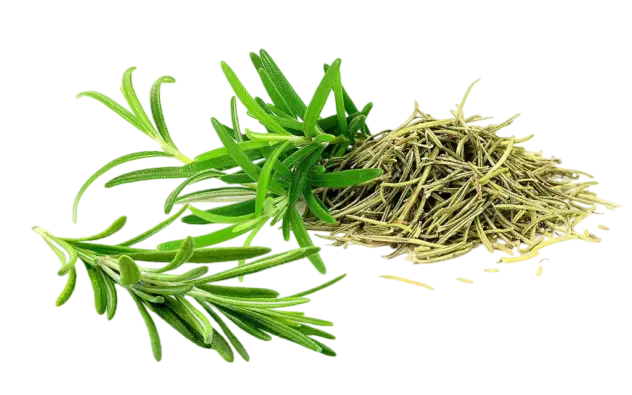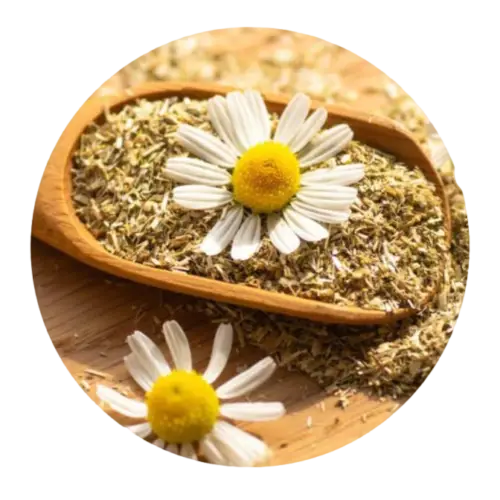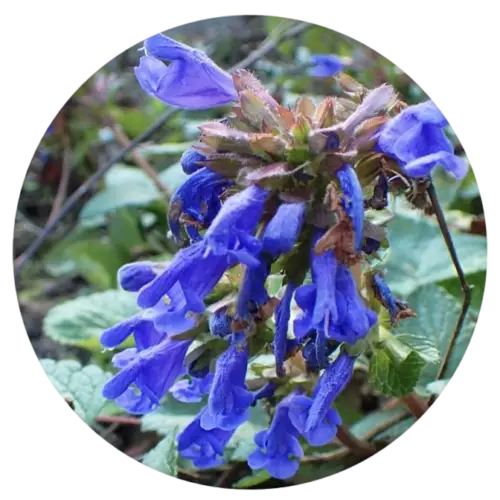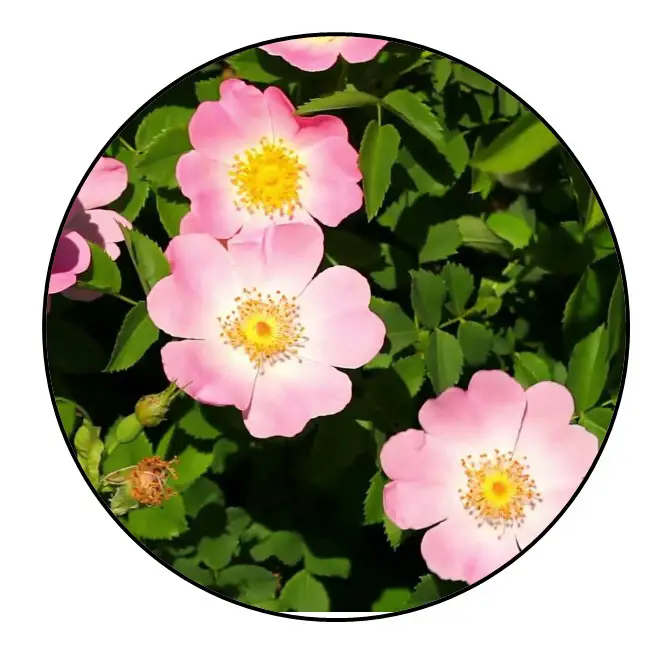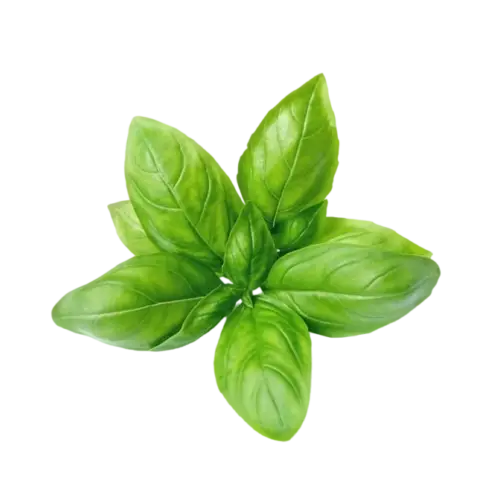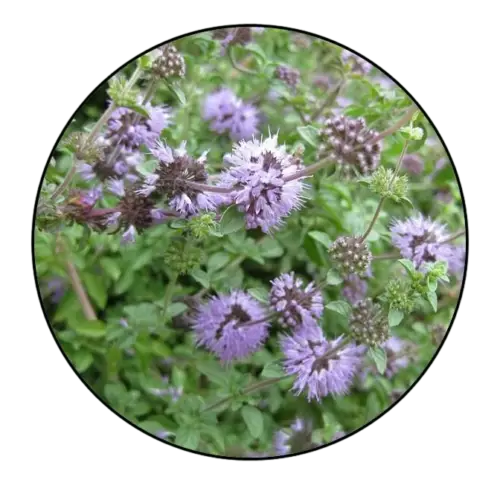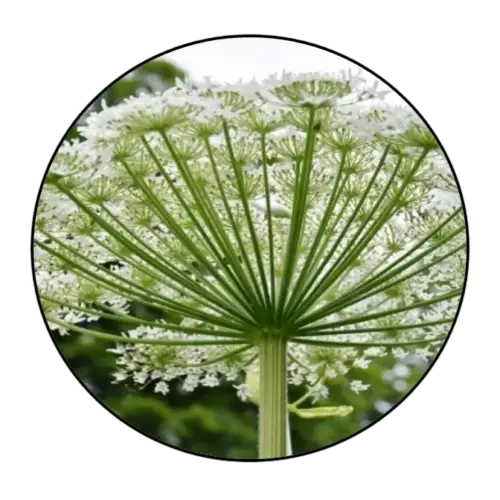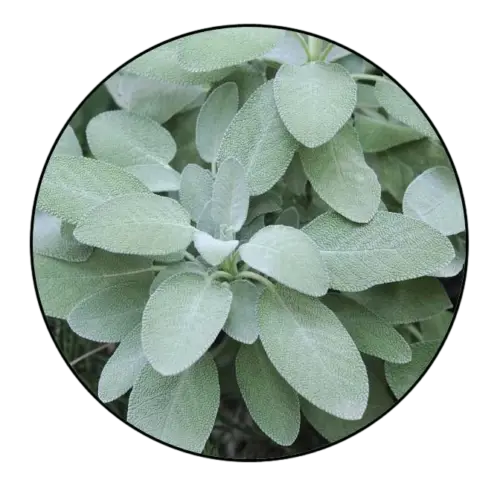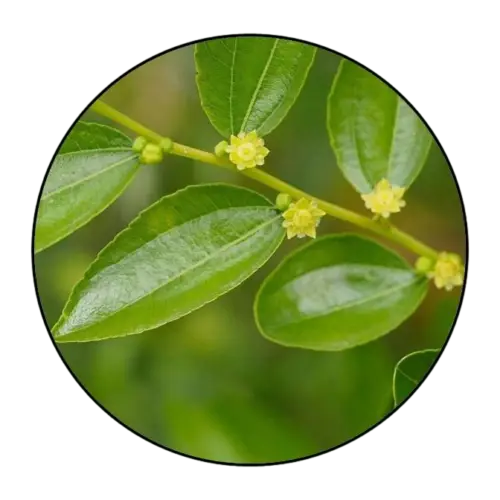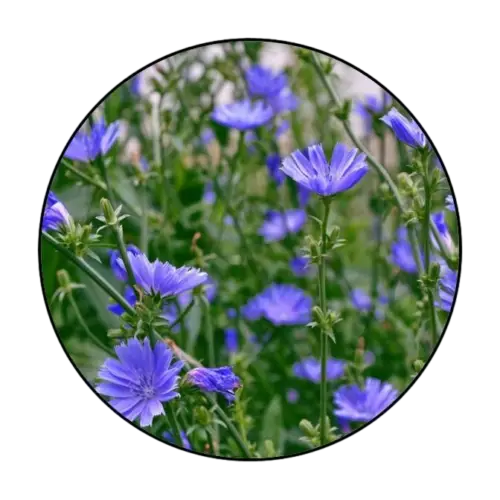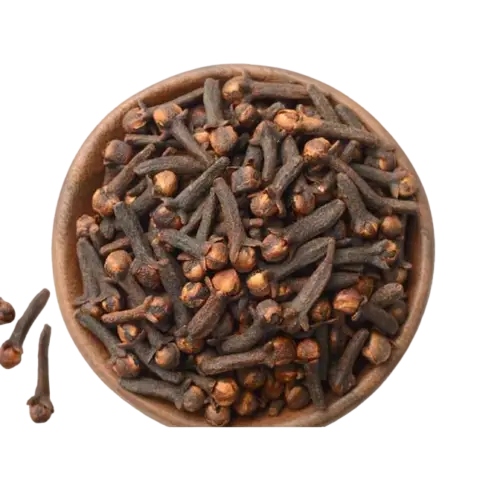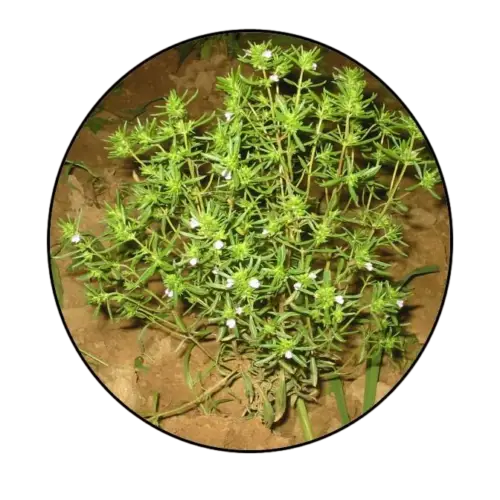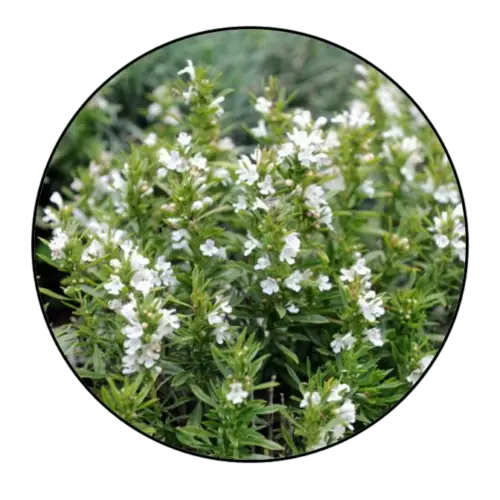Licorice Extract Powder
Currently, 14 species of licorice plant are known. The most commonly used licorice in trade is G. glabra varieties, which are Typica in central and southern Europe, Glandulifera in central and southern Russia, and Violacea in Iran and Iraq. One of the most important compounds of licorice is glycyrrhizin, which is attributed to this compound. In various scientific sources, the sweetness of glycyrrhizin is 30 to 50 times that of ordinary sugar. To produce licorice extract powder, after selecting the best licorice plant roots, they are ground and poured into extractors (extraction devices) and after cooking the ingredients with pure water and steam for several hours, It passes through advanced filtration systems and then is concentrated in huge and multi-stage devices and then in a huge spray device with special temperatures, it becomes the best quality licorice extract powder that is used in many industries. Iran exports a significant amount of licorice extract to various countries. The main destinations of Iran exports on Liquorice extract were Germany, Netherlands, United Arab Emirates, Singapore, and Australia.
Product Technical Specifications:
Licorice Extract Powder Technical Specifications | |||
No. | Characteristics | Unit | Measurement Limit |
1 | Moisture | Weight percentage | Max 7 |
2 | Ash in Dry Matter | Weight percentage | Max 9.5 |
3 | PH | - | 5-5.7 |
4 | Substances Insoluble in Hot Water in Dry Matter | Weight percentage | Max 2.5 |
5 | Substances Insoluble in Cold Water in Dry Matter | Weight percentage | Max 5 |
6 | Glycyrrhizic Acid in Dry Matter | Weight percentage | Min 5.5 |
| Total Sugar in Dry Matter | Weight percentage | Max 23 |
| Resin and Starch in Dry Matter | Weight percentage | Max 38 |
| Glycyrrhizin by housman's Method in Dry Matter | Weight percentage | Min 20 |
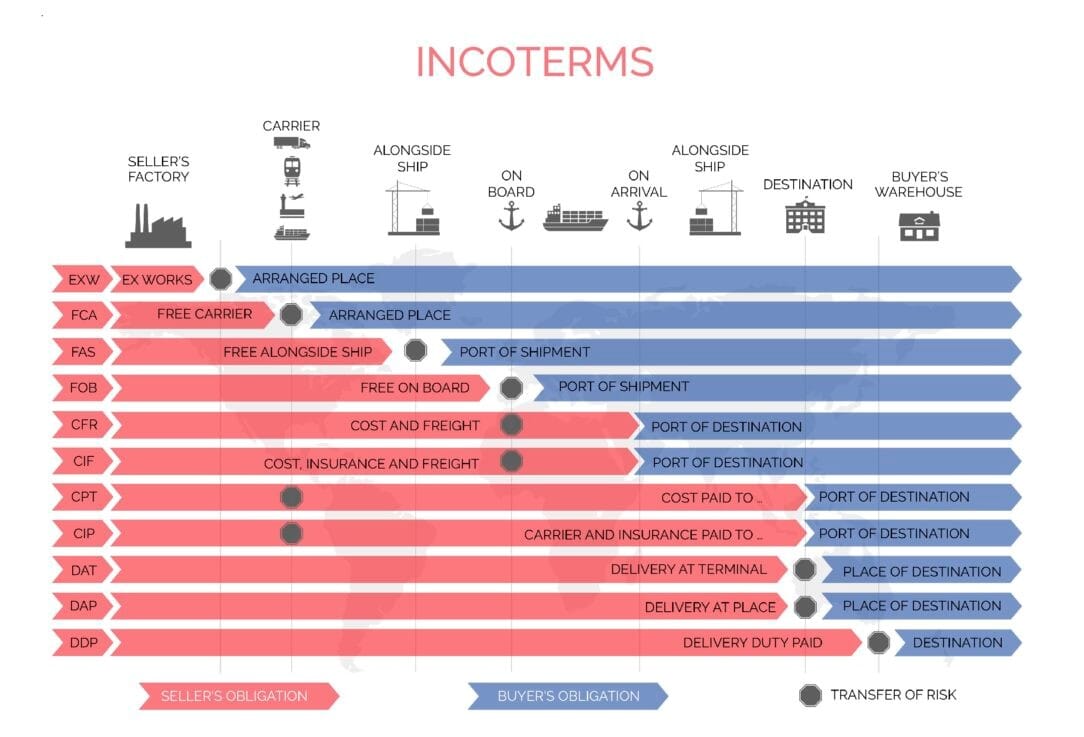
Storage Conditions: Licorice Extract Powder should be stored in the original packaging, away from direct sunlight and in a dry and cool place. he extract should be stored in a tightly sealed container to prevent exposure to air.
Certifications:
- Iran National Standards Organization
- Iran Plant Protection Organization
- Standard of Good Agricultural Practices
- Organic Agricultural Products Certification
- physical, chemical and microbial analyzes from the most reliable laboratories
- HACCP
- ISO
- FSSC
- IFS
- SGS
- BRC

